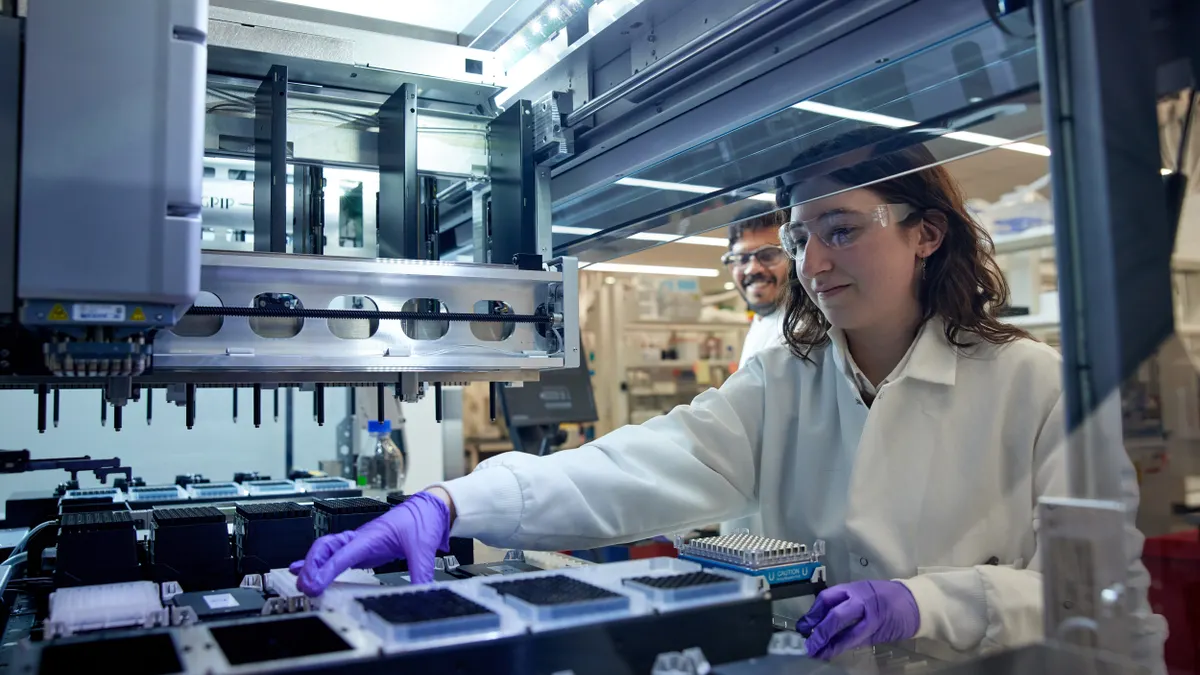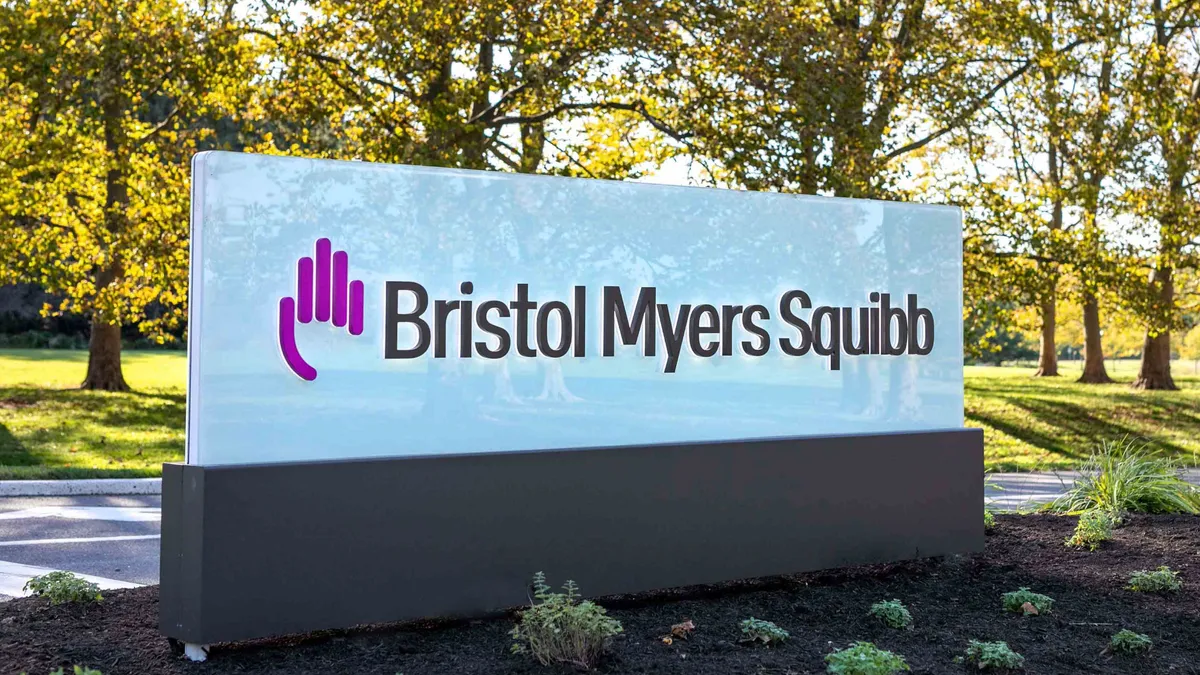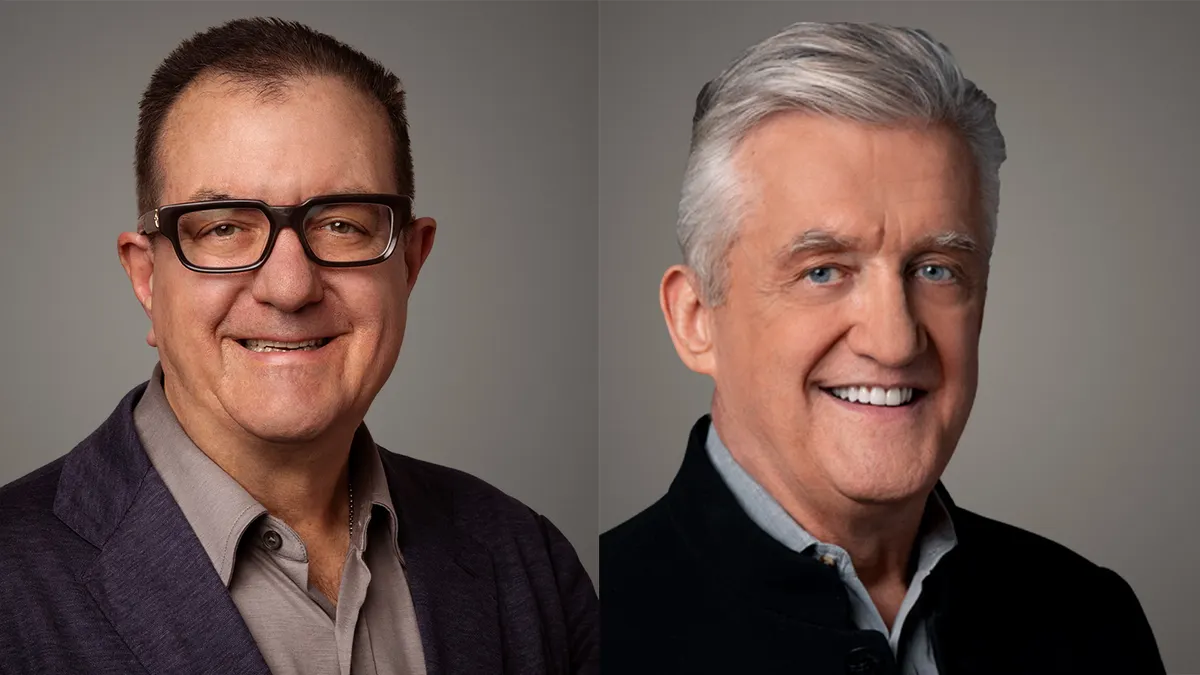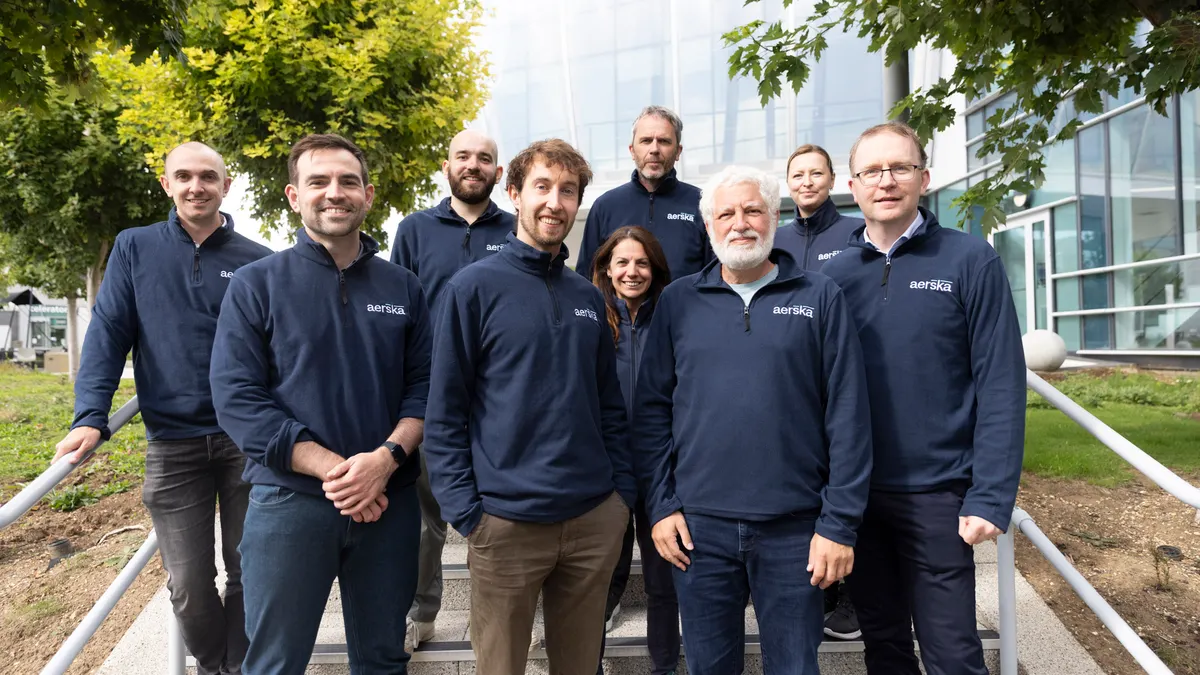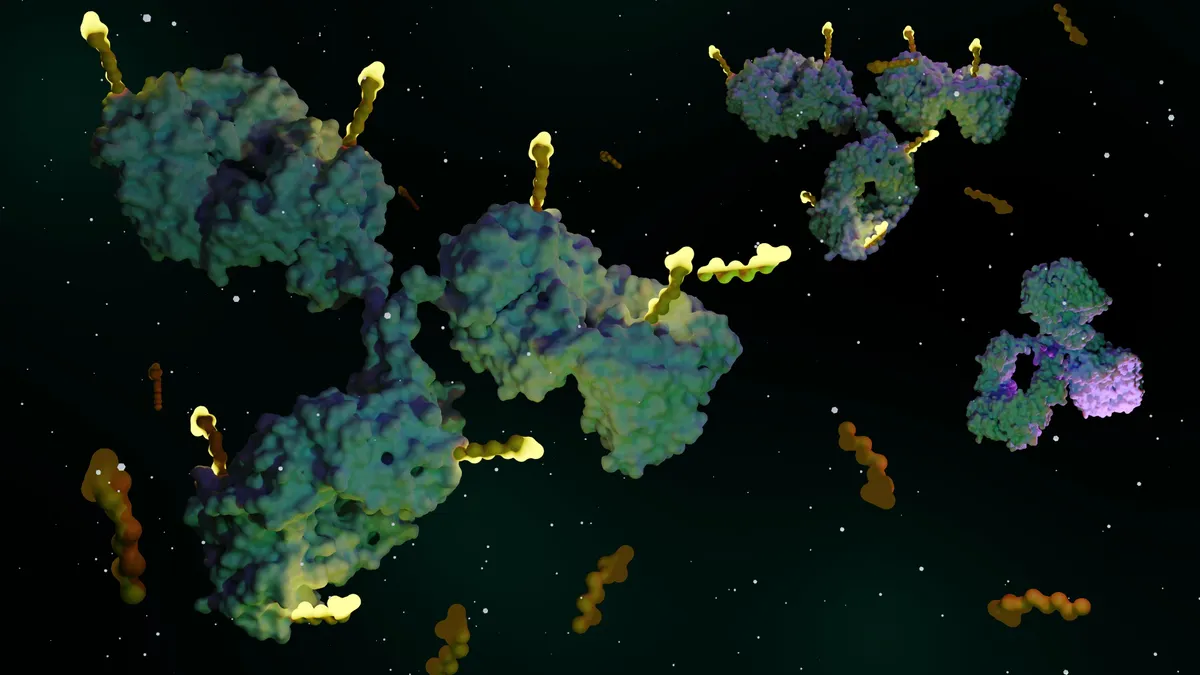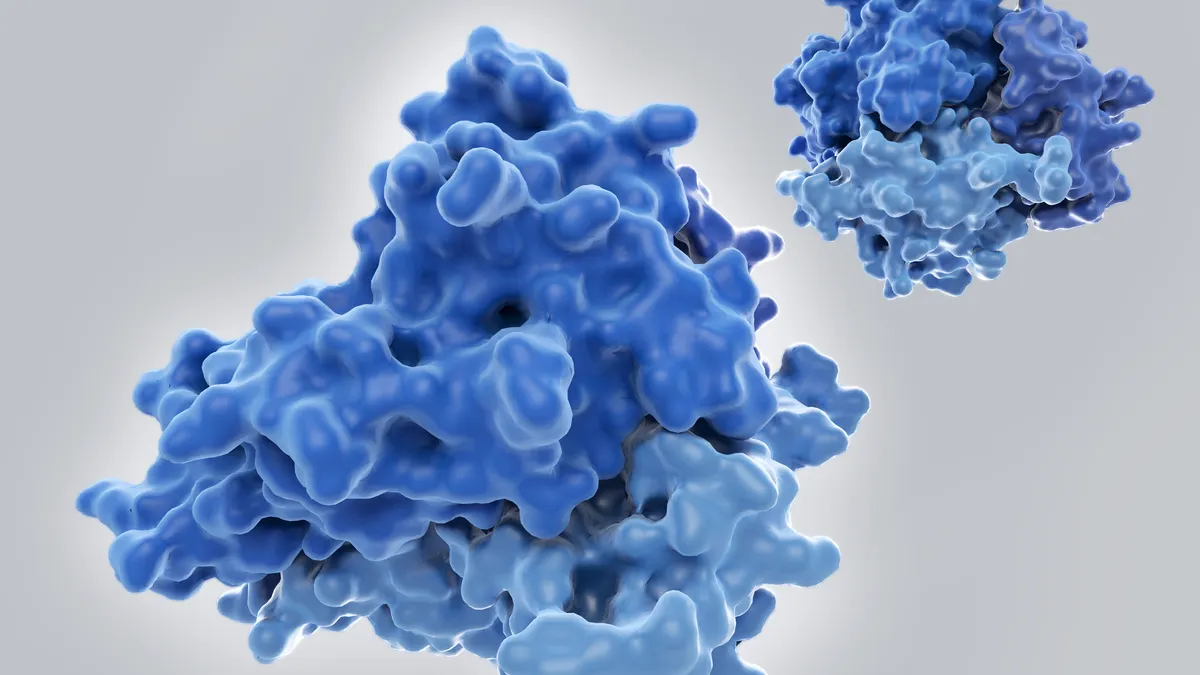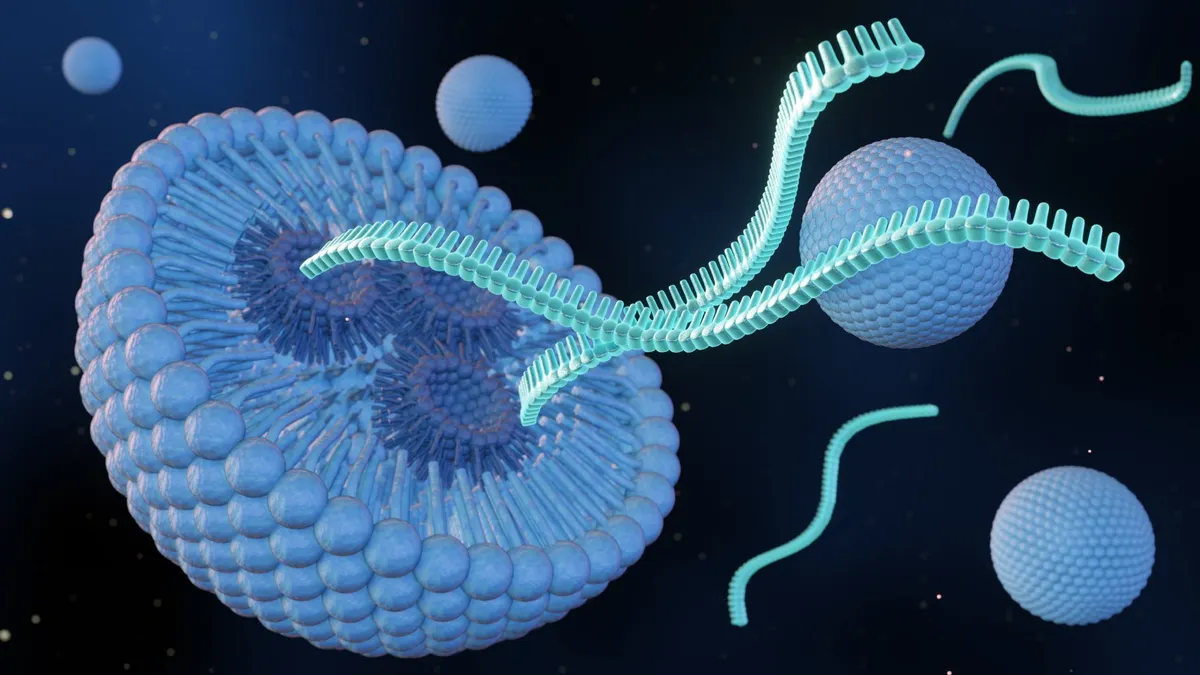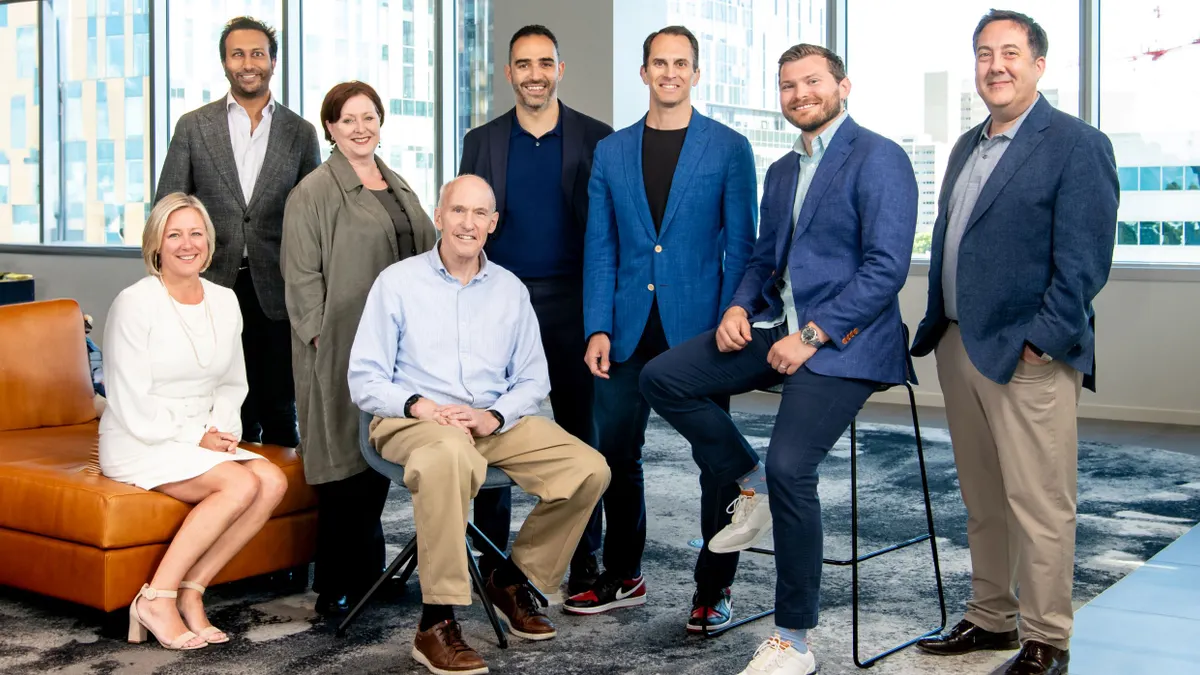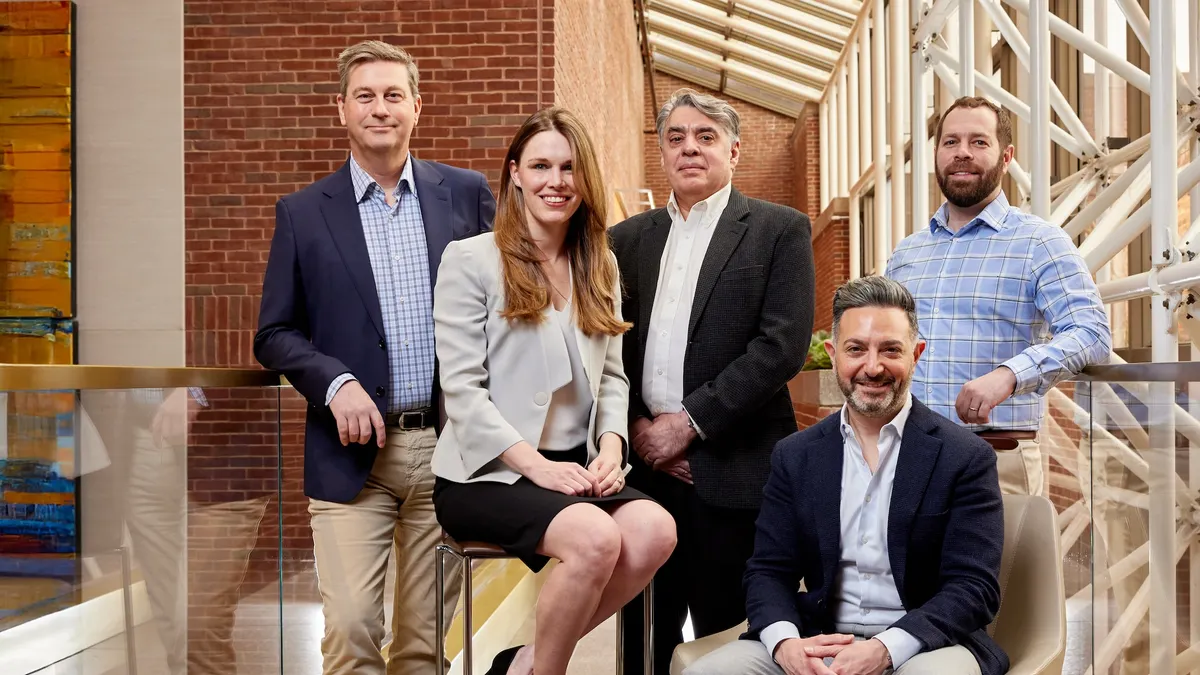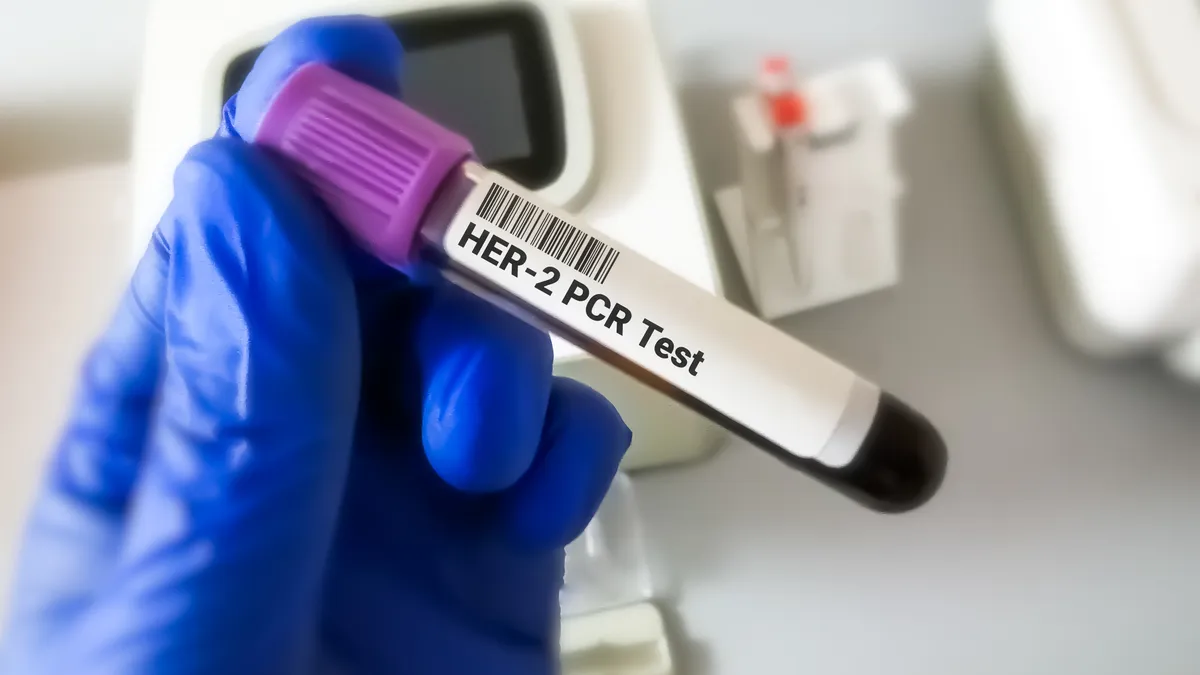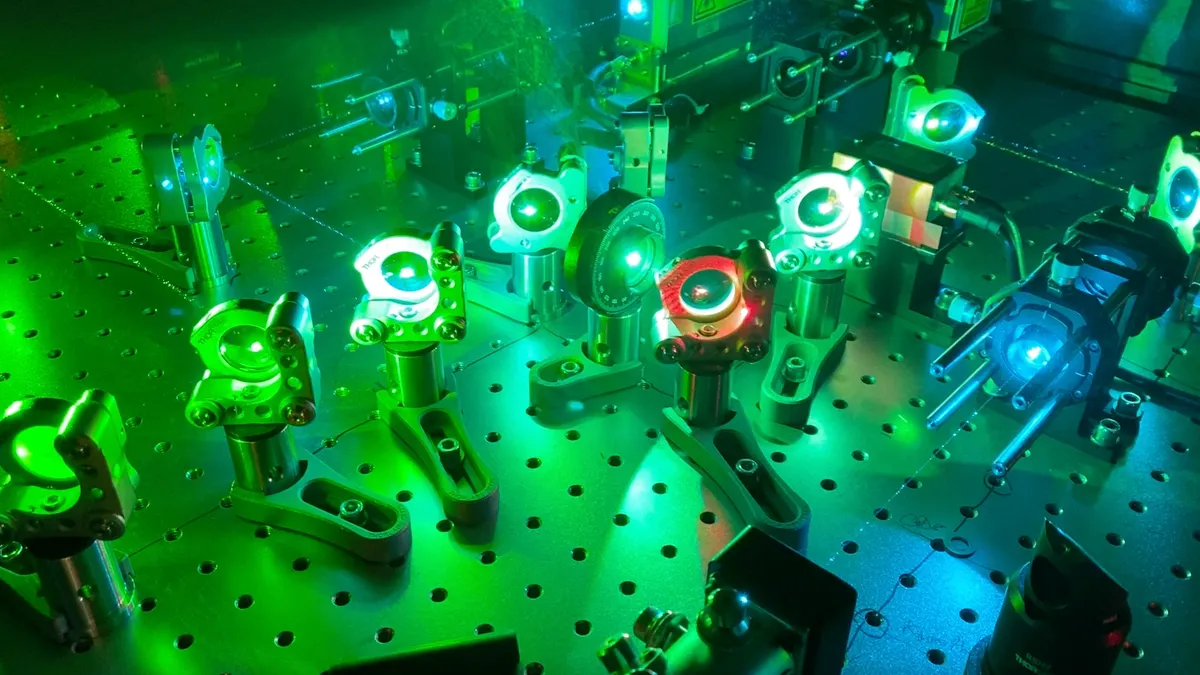Flagship Pioneering is launching a new artificial intelligence-focused biotechnology company, this time a firm called Expedition Medicines that will specialize in cancer and immune diseases.
Announced Wednesday, Expedition is building a platform its co-founders say can find new ways for small molecules to bind to hard-to-drug targets. To help the startup on its path, Flagship is pouring in $50 million.
Expedition’s platform is based on “the rules of covalent chemistry,” said CEO and co-founder Molly Gibson. As such, the biotech’s drugs will be built on purposeful bonding between small molecules and the shallow nooks of their protein targets, which existing medicines struggle to do.
Though a few other startups have tried to make covalent drugs, Gibson said Expedition will set itself apart by looking for specific enzymatic reactions.
Expedition claims to have a library of data for training its AI models that helps it find new targets and increase the “hit rate” on potential molecules to take into preclinical studies.
“If we're successful in creating generative covalent chemistry, it will almost be a platform of platforms,” Gibson said. “You can think about many different modalities, from inhibitors to degraders and glues, to expanding to different reactive sites.”
The company plans to start preclinical studies of its drug candidates next year. Expedition also has in place a collaboration with Pfizer to explore new therapies for prostate cancer, under a multiyear agreement Flagship brokered with the pharmaceutical giant in 2023.
ProFound Therapeutics, Quotient Therapeutics, Ampersand Biomedicines and Montai Therapeutics have also struck disease-specific partnerships with Pfizer as part of Flagship’s Pioneering Medicines Initiative.
“By harnessing AI and quantum covalent chemistry to rewrite what’s possible in drug design, Expedition is transforming these undruggable proteins into tractable targets,” Noubar Afeyan, Flagship’s CEO and a co-founder of Expedition, said in a statement.
In March, Flagship unveiled Lila Sciences, a company intended to partner with other Flagship startups to speed up early drug research. That company, also co-created by Gibson, who is an origination partner at Flagship, raised $200 million in a seed round.
Investors have poured hundreds of millions of dollars into AI-based drug discovery platforms over the past few years, lured by the promise of speeding up R&D efforts. Pharmas such as Eli Lilly, Takeda Pharmaceutical and Bristol Myers Squibb have also put forth the effort to build datasets for training AI models.
The first of these AI-discovered or designed medicines are starting to enter the clinic. Several have hit significant setbacks. This week, though, a cancer drug from Iambic Therapeutics showed early promise in a trial, results from which were presented at the European Society for Medical Oncology annual meeting.



